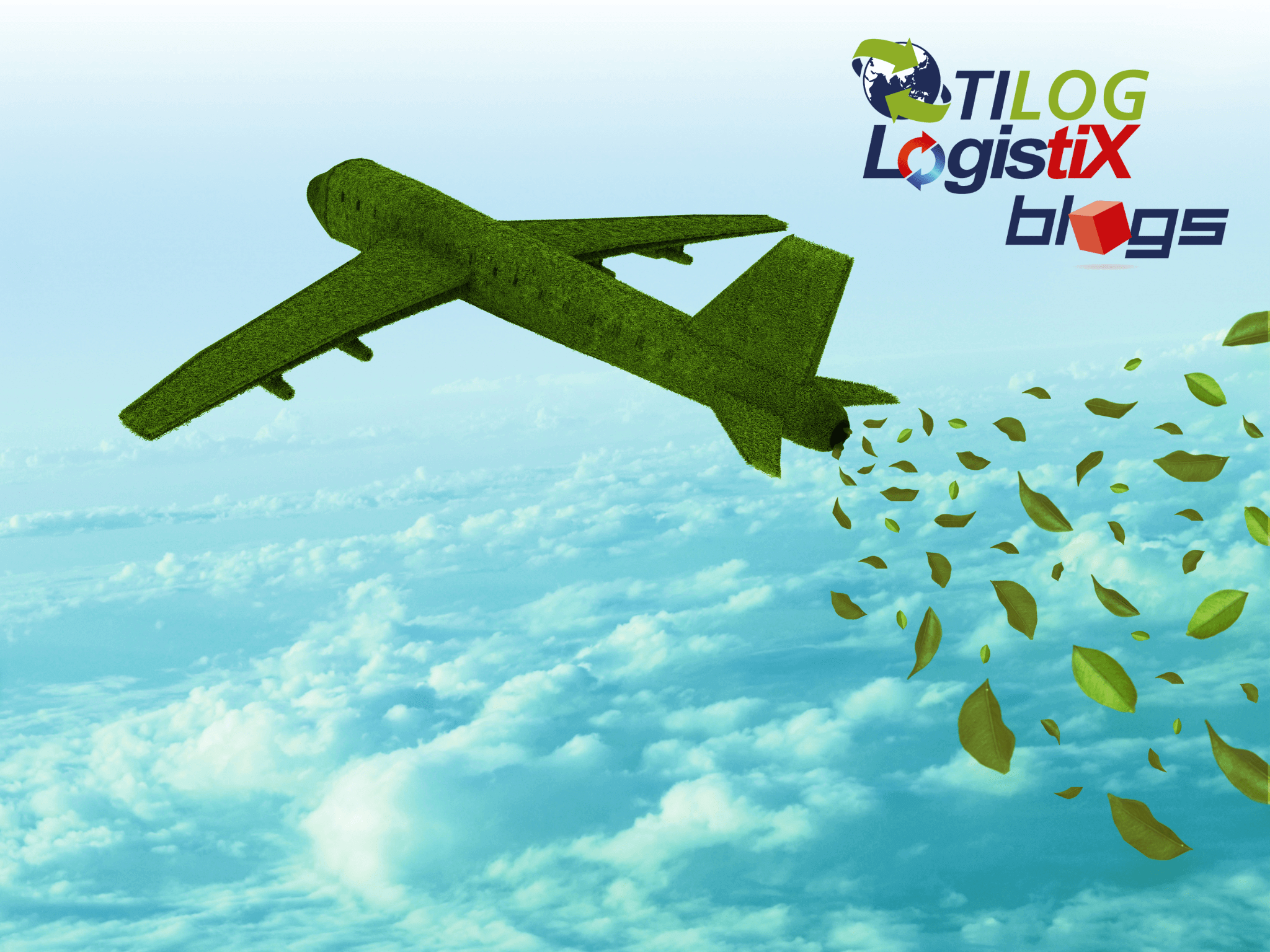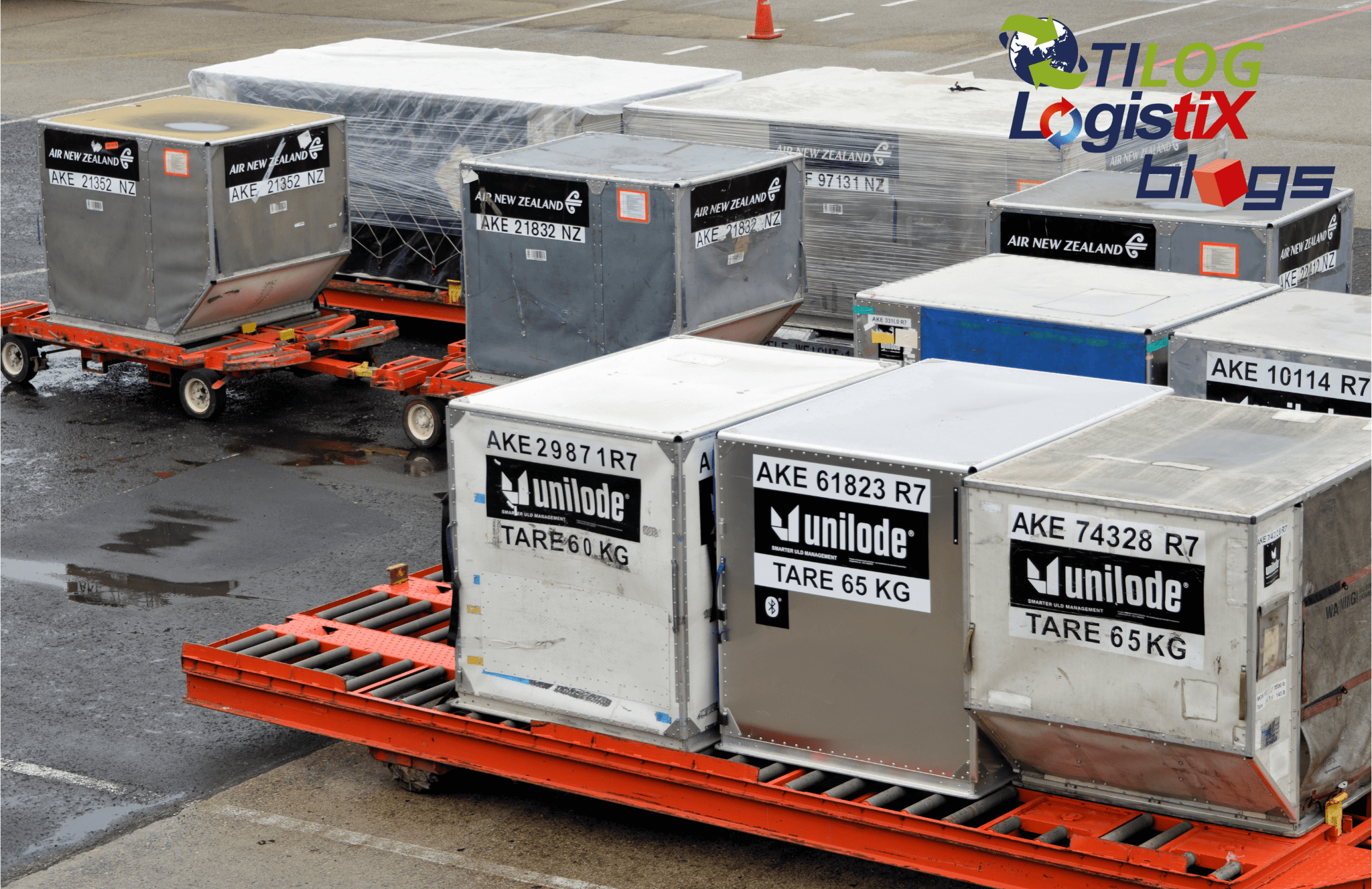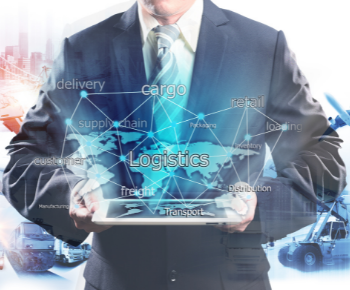ESG Trend in Air Cargo Industry
The air cargo industry is moving away from the role of environmental villain to a business that adheres to ESG principles.
Many companies in this industry employ dedicated ESG teams.
Sustainable aviation fuel, more efficient aircraft models, carbon offset, lightweight unit load devices (ULD), and 100% paperless transactions are all part of the ESG trend in the air cargo industry to watch out for.

According to the report from the International Air Cargo Association or TIACA in 2022, 73% of air freight forwarders already had a sustainability strategy in place. 52% of all survey respondents stated that their company had a dedicated team or at least one designated personnel to ensure their corporate sustainability policies were implemented.

1. An increasing use of sustainable aviation fuel (SAF) which has so far reduced emission of CO2 up to 80% over the fuel lifecycle compared to traditional aviation fuels. For example, Lufthansa Cargo and Air France KLM Martinair Cargo have already operated carbon neutral cargo flights with sustainable aviation fuel. However, the problem with SAF is that it is very expensive and quite challenging to expand the market due to limited supply. The situation is expected to change over the next decade when SAF, or a mixture of SAF and fossil fuels, becomes more available to use on long-haul flights.
2. Multiple air freight forwarders have switched to more efficient aircraft models. Some of the world's leading air carriers, such as UPS and FedEx, have been investing heavily in efficient aircraft models in hopes of reducing carbon emissions. They have taken into accounts various factors such as weight, size, aircraft designs and fuel-saving ability to ensure that the impact on the environment is minimized. Meanwhile, other airlines including Cathay Pacific recently announced their commitment to net zero carbon emissions by 2050, which is in line with the International Civil Aviation Organization (ICAO) goals.
3. Air freight forwarders continue to invest in carbon offsets which is a process that removes the emissions of greenhouse gases made in order to compensate for emissions made elsewhere. An example is Scanlog or Scandinavian Logistics Partners AB which has invested in tree planting and reforestation to offset the CO2 emissions generated by their carriers. It is the first logistics company in Norway to fully offers carbon offset at no cost to its clients after it started this offer in Sweden since mid-2019.
4. The development of lightweight unit load devices (ULD). It is expected that the development of lighter ULDs will continue through 2026 because the lighter weight will help lower fuel consumption and increase the number of parcels that can be delivered at one time.
5. An implementation of a 100% paperless transaction in air freight processes by using digital platforms to reduce carbon emissions and waste. So far, it is estimated that this initiative has reduced the use of paper documents by more than 7,800 tons and has also lowered operational cost. Overall, the industry has saved USD4.9 billion annually, and has made logistics operations more convenient, faster and smoother.
For those interested in the logistics industry, please stay tuned to future editions of TILOG-LOGISTIX Blogs to get the latest updates and interesting trends for the digital transformation of your business. Logistics technology will become more intelligent at "TILOG-LOGISTIX 2023", the most comprehensive exhibition of logistics service providers and intralogistics technologies and solutions under the theme "Smart and Green Logistics for Sustainable Tomorrow” which will be held on 17-19 August 2023 at BITEC, Bangkok.
Source:
https://kpmg.com/ie/en/home/insights/2023/01/aviation-leaders-report-2023/eye-on-esg.htmlhttps://www.afklcargo.com/TH/en/common/e_services/fully_paperless_eaw.jsp
https://chartersync.com/emerging-trends/5-air-cargo-sustainability-trends-in-2022/
https://scanlog.com/always-carbon-offset-air-freight-now-in-norway/


